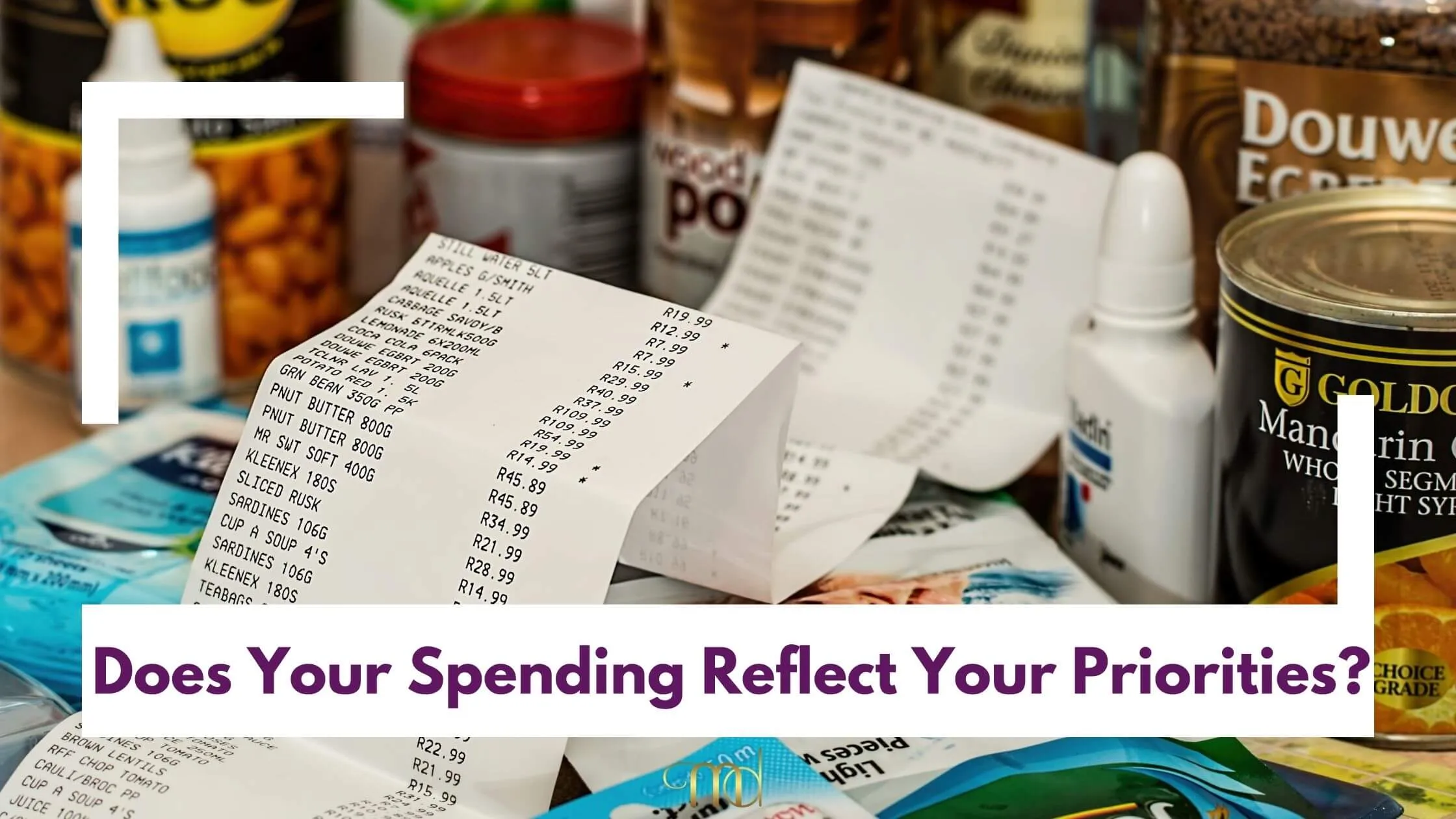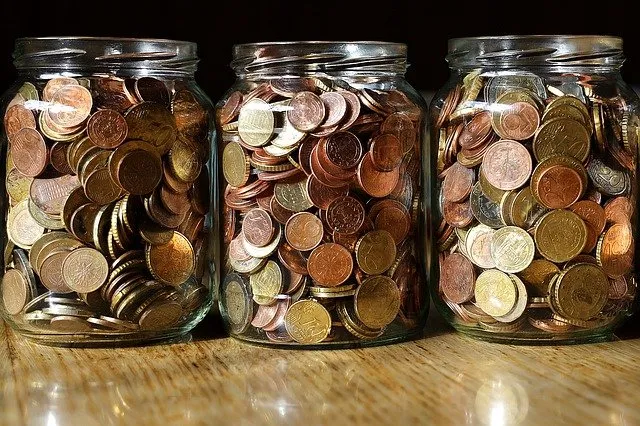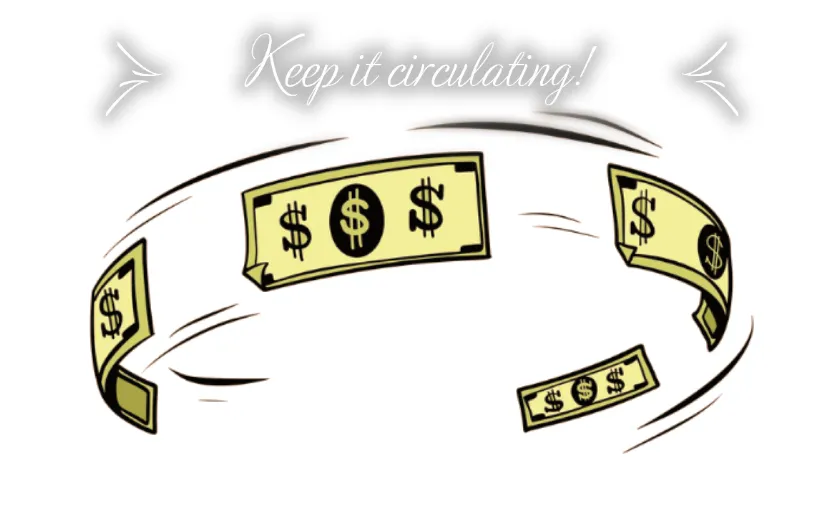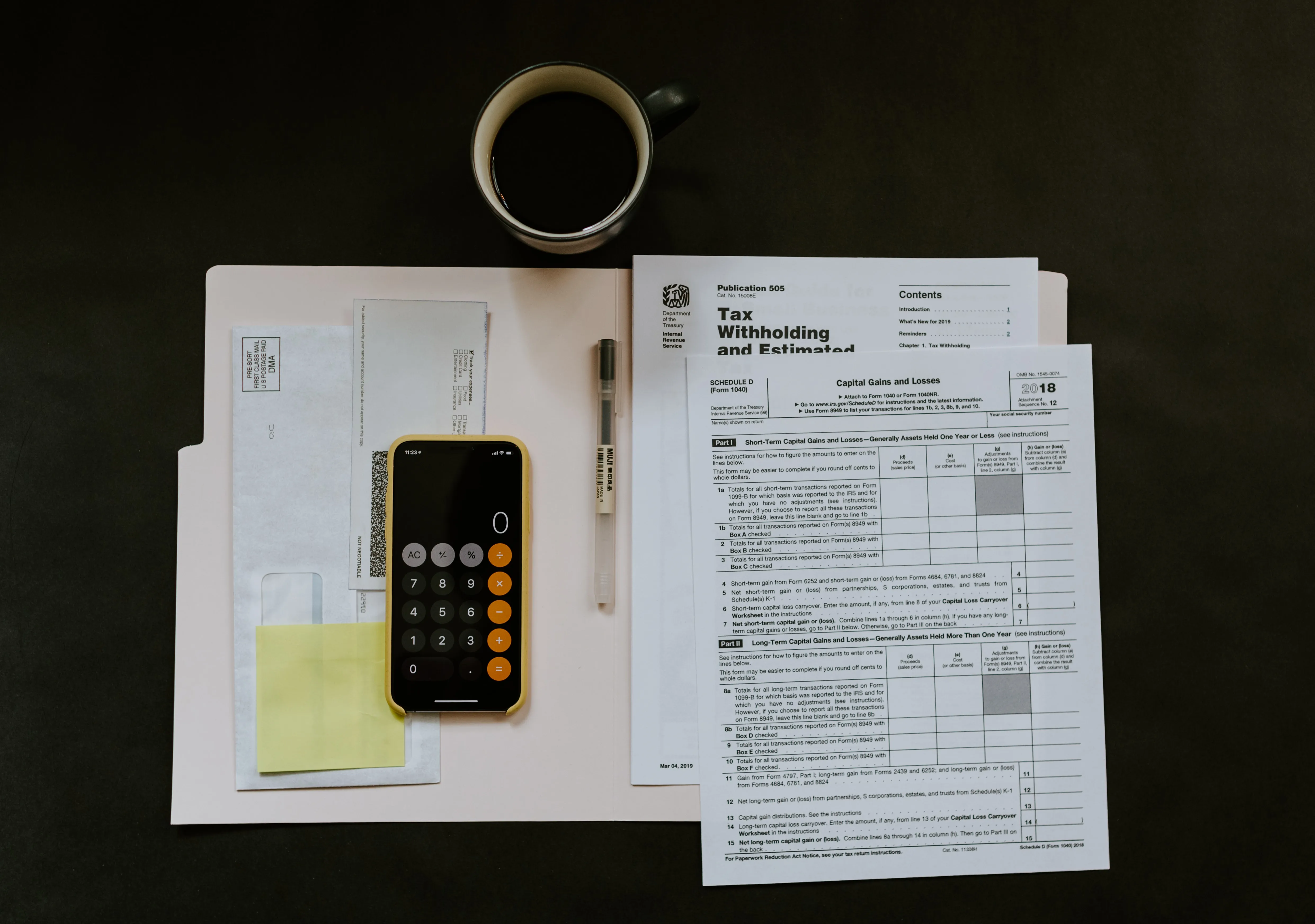Saving Discipline : 11 Tactics to put your Savings on Autopilot

Do you know what is more important than how much money you are saving? It is the consistency and with which you keep saving it and how long you keep it. A simple saving discipline is all it takes.
Money is worth more the longer you have it, especially if you save it in interest-yielding accounts. The local bank has savings accounts, and there are numerous providers of high-interest savings accounts online that can maximize the money you are saving to help it grow.
However, putting a little money away consistently isn't always easy. You may have some good intentions, but no money is left at the end of the day. Whatever you make is spent before you make it to the next paycheck.
If you are in the same boat, below are some great ways to develop saving discipline.
Learning to save money the easy way
Nowadays, when a crisis strikes anywhere, there's no better way to stay safe and secure than learning how to save money.
Experts agree that no matter how one looks at it, there will always be ways to save money if the person is willing to do so. If you are trying to find ways to save money in this unstable economy, it is best to start with developing a simple lifestyle. When you can do this, the rest will follow.
Set financial goals
It is important to get a clear idea of your current financial situation to set goals for the future. You should keep reviewing your goals and be flexible. Implement change in the savings pattern whenever required to meet your pre-set goals successfully.
Have a Savings account
Many people do not consider a savings account, as they feel it is not worth it. They think that the fund does not earn interest and grow. However, a savings account is a good start to the saving habit. Make sure that you having saving discipline to put away some of your monthly income into the savings account regularly. When your account grows sufficiently, you can use the money to invest in good funds or set it aside for emergencies.
Let Technology Help You
Depositing money to your savings account could be tedious for many. However, if you let the advancement of technology lend you a hand, you can easily have saving discipline by setting up an automatic transfer from your checking account to your savings account. Online banking has made it well-facilitated, too, for the savings-savvy but lazy people out there. You can log in through your Internet-connected computer and transfer to your savings account online.
Automate your savings
Start by making a personal budget. Take a look at what you bring in each month. Next, write down your fixed expenses. These are things like rent, car payments, utilities, etc. Figure out how much you need each month for groceries and other essentials. It is your bare-bones budget. It's good to know what you need to get by each month.
Next, it's time for a little bit of math. Start with what you bring each month and subtract all your core expenses. What you're left with is your discretional income. That will pay for entertainment, clothes, personal grooming, etc. And from here on out, part of that discretional income will go into a savings account.
Pick a number you're comfortable with. That could be $20 per month, or it could be $500. Please put it in your budget and treat it like any other bill. This is the simplest way to develop saving discipline. Getting into the habit of setting aside that money for savings won't take long.
Talk to your bank about setting up a separate savings account to make it even more hands-off. Then set up an auto-deposit to transfer the savings to the new account as soon as your paycheck comes in each month. You'll never miss it if you don't see it, and your savings will run on autopilot.
Remember to audit your savings from time to time. Take another look at your budget. Can you increase your savings a little more? Another great way to boost that savings account is to take any extra money – things like birthday cash, tax return, bonuses, etc. – and put them straight into the savings account. Again, you won't miss the money, but it will help you build up your savings quickly.
Make sure your savings are sitting in an interest-bearing account. Since you won't be touching this money unless it's a dire emergency, you should be able to earn at least a little interest. Talk to your banker about your best options and start putting your savings on autopilot.
Talk to your employer about matching 401K funds. You may be able to get a contribution from the company you work for towards your retirement savings account.
Overcome Overspending
A very common reason people don't have much money to save every week is because of overspending- and often, we don't even realize we're doing it. We reason with ourselves that the drive-through will only cost $5 for lunch, or the jeans are on sale, so we're saving money as we hand over a $20 bill to the cashier. The truth is, we can come up with one excuse after another for why these little purchases are necessities or why it's no big deal that we're buying them, but the fact of the matter is- every time we make these little impulse purchases we're using money that could have been saved.
A good exercise is keeping track of your spending for an entire week.
Every time you use your debit or credit card or take out money to pay for something- write down the purchase.
Write down what it is and the cost.
At the end of the week, divide the list into "necessities" and "excessities"- meaning, a list of items and bills that absolutely must be paid (food, loan payments, gasoline, etc.) and a list of the things you really could have gone without (take out, pack of gum, the jeans that were on sale). Add up your excessive purchase column and see how much money you spend in a week that could have been saved. It will give you a good understanding of wasted money and how you can have saving discipline to increase the money you have to save.
That doesn't mean you should eliminate all entertainment from your life! The trick is to find a budget that you can work with most of the time- allowing yourself some money for entertainment purposes even while paying your monthly expenses and, most importantly- setting aside money on a weekly (or monthly) basis.
Spare Change Matters
Never lose those spare coins because they matter if you try saving them in a cookie jar or container you don't use. Believe it or not, some people have made their dream vacation come true just through their loose coin savings. After a day's work, how about putting all your loose coins in a jar? You can also purchase a cheap piggy bank. The glass-made ones are advisable since they will prevent you from breaking them too soon, unlike the plastic ones, which you can open anytime you can't get over the temptation.
Do not rely on tax returns and bonuses for 'catching up'
Many people unnecessarily charge their credit cards in anticipation that they can pay the credit card bills with the help of profit distribution or the bonus they expect. They depend on this extra source of income to get themselves out of financial issues. But the predicted bonus may not come your way. It would make it very difficult to pay bills and taxes due immediately. You should use your credit cards for purchases only when you are sure that you can pay back the amount within the specified time frame. Consider the use of cash instead of credit cards.
Save the raise
If you receive a good raise annually, consider signing up for an automatic deposit into your savings account and saving wisely. The raise will prove very handy in an emergency.
Save money from rebates
You sometimes receive checks via the mail that are rebates on purchases recently made. Since you have already paid for the article, you could save the money in your special account. These extra amounts held could be invested to earn good returns.
Forget What Your Parents Taught You About Money
Most people are taught things about money as children that create financial problems as the children become adults. Have you ever heard comments like, "Do you think I'm made of money?' or "Money doesn't grow on trees, you know!"
Comments like these teach people to fear there isn't enough money to go around.
People who have lived their lives with average amounts of money tend to harbor negative feelings towards people who are among the wealthy. It is the best way to keep yourself from subconsciously building your wealth, so you mustn't think negatively about the rich if you hope to one day have their financial success!
Which of these saving discipline ways are you more gravitated to? It is great to implement all 11 to see the great impact. But if you are starting, start with the one you find easy and build up.
Tell me which of these tactics you liked the most in the comment below.
You May Also Like
Getting the Most From Your Savings Account
































